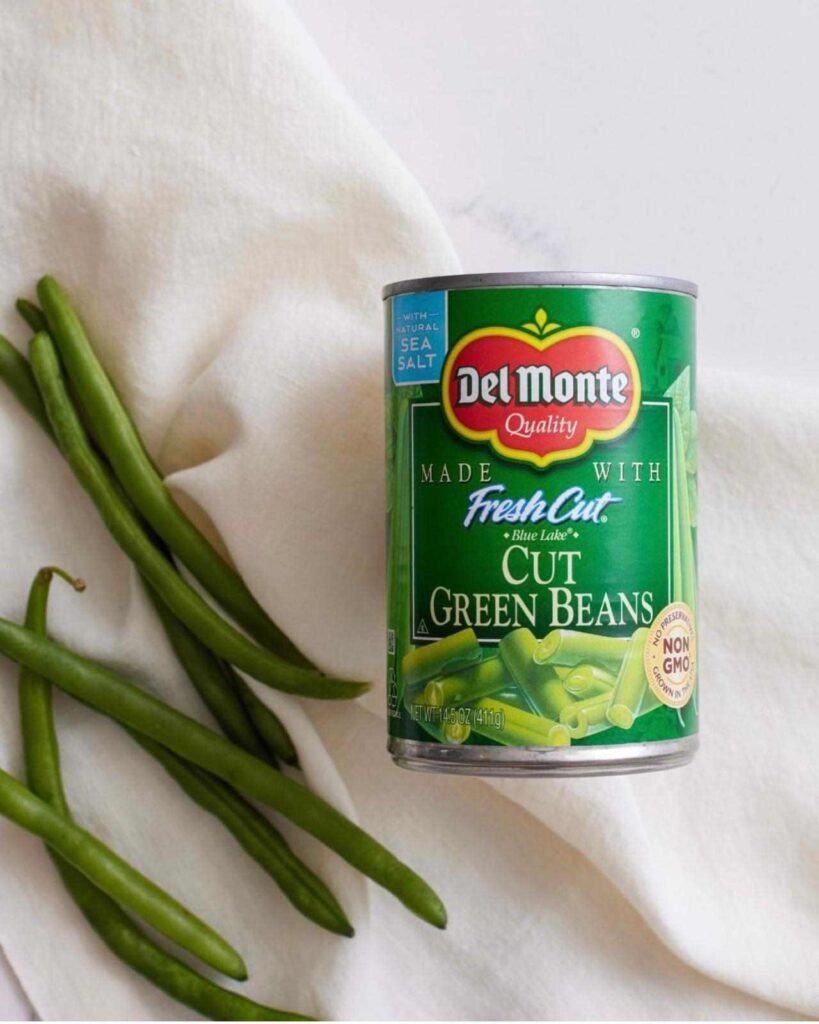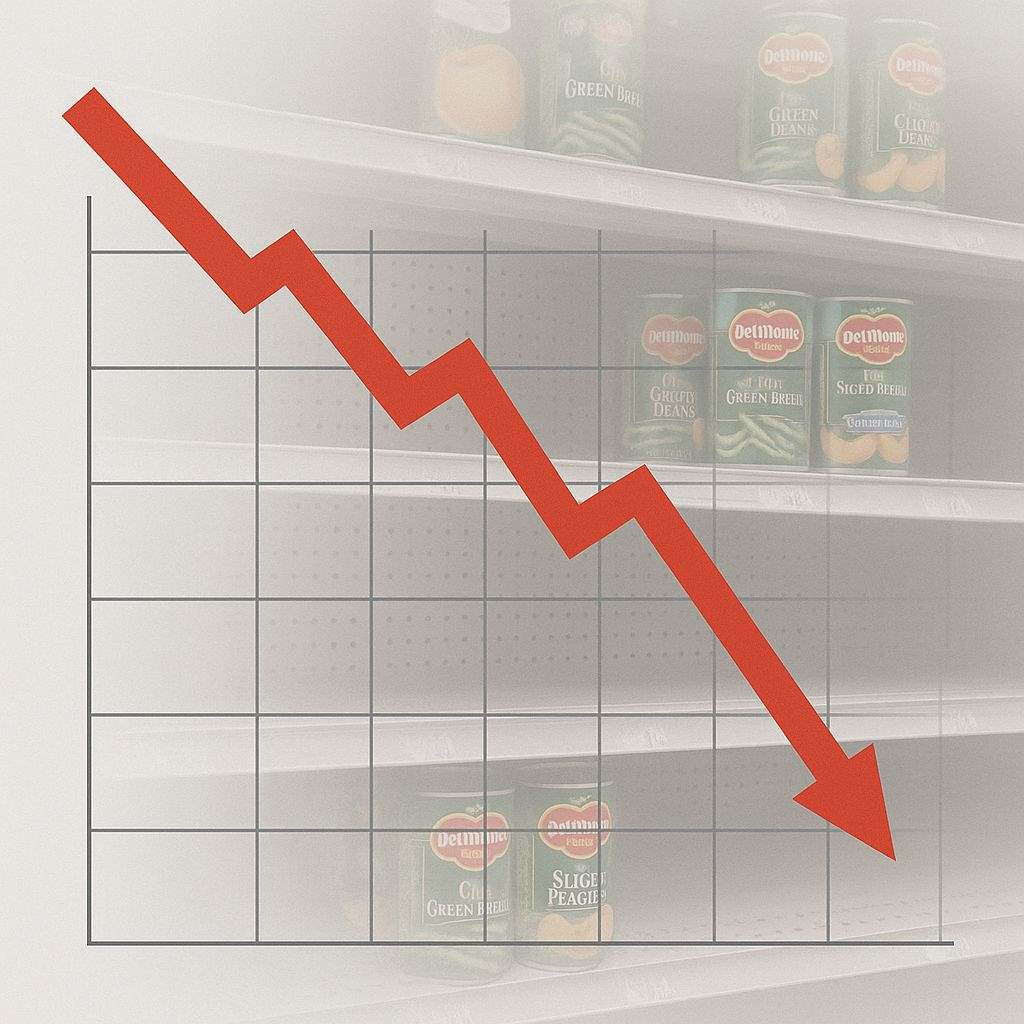Canned Food Icon Collapses — How Del Monte’s Bankruptcy Hits Canadian Shoppers

The familiar green cans of Del Monte, a staple in pantries across North America for over a century, are at the center of a financial storm. Del Monte Foods, the U.S.-based canned fruit and vegetable giant, has filed for Chapter 11 bankruptcy as of July 1, 2025, citing over $1.2 billion in secured debt and a significant decline in consumer demand for canned goods.
This move, officially recorded through U.S. court filings and reported by major news outlets including the Washington Post and Reuters, has sent ripples through the food industry, raising immediate questions about the future of a brand synonymous with convenience and affordability.

via: delmonte instagram
For many, the news of Del Monte’s bankruptcy might conjure images of empty grocery shelves and a scramble for alternative brands. However, for Canadian shoppers, the immediate impact is surprisingly minimal. This is due to a crucial distinction: Del Monte Canada operates independently and is not owned by Del Monte Foods U.S. In fact, Del Monte Canada is a separate business entity that was acquired by Bonduelle, a French food company, in 2018.
While it shares the Del Monte brand name and product lines, it maintains its own ownership, operations, supply chain, and distribution network within the Canadian market. This structural separation means that the financial woes plaguing Del Monte Foods in the U.S. are not expected to directly disrupt the availability of Del Monte products in Canadian stores.
The bankruptcy filing by the U.S. entity highlights a broader shift in consumer preferences. The decline in demand for canned goods, a trend exacerbated by a growing preference for fresh and minimally processed foods, has put immense pressure on traditional food companies. Del Monte Foods’ struggle with surplus inventory, high warehousing costs, and rising interest payments—especially after pandemic-era overproduction—underscores the challenges faced by an industry grappling with evolving tastes and a dynamic macroeconomic environment.
While Del Monte Canada may be insulated from the immediate fallout, the underlying trends that led to the U.S. bankruptcy are global. Canadian food producers and retailers are also navigating a landscape where consumers are increasingly health-conscious and seeking out different food options.

In conclusion, while the collapse of a canned food icon like Del Monte Foods is a significant event in the U.S. food industry, Canadian shoppers can breathe a sigh of relief for now. The independent operation of Del Monte Canada under Bonduelle provides a buffer against immediate supply disruptions.
Nevertheless, this bankruptcy serves as a potent reminder of the ongoing transformation within the food sector, driven by changing consumer habits and a relentless pursuit of healthier, fresher alternatives. The canned food aisle, once a symbol of stability, continues to evolve, reflecting a new era in how we eat and shop.



